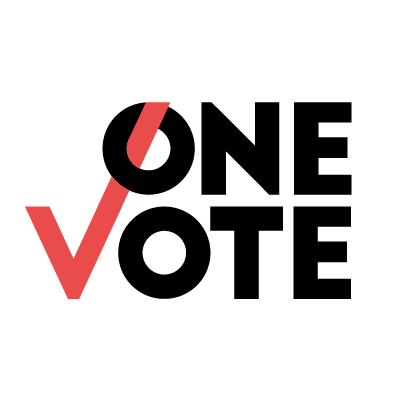Disenfranchisement originating from being remote or relocating within the country has for long been a subject of discussion. And at various points many technology-centric approaches have been discussed as possible solution to this issue. With the Election Commission of India (ECI) announcing its readiness to pilot remote voting for domestic migrants, this project will discuss, examine and respond to approaches being considered for such remote voting. The project will seek to engage with experts to determine potential threat vectors and harms as well as continue to raise awareness around the possible alternatives for remote voting.
In a press note dated 29.12.2022 the Election Commission of India announced readiness to pilot remote voting for domestic migrants. The same note includes a link to a concept note circulated amongst political parties
In the interim report published by the One Vote project, we highlighted issues which will be important when considering the prospect of remote voting. We mentioned that the following statements often ring true;
- The awareness about polling and related ceremonies is high, but the knowledge about elections is low. This dissonance is evident in the keen knowledge of electoral rolls but not of the process which records legitimate votes as cast and available for tallying. This warrants public outreach about the technological aspect of elections.
- Explainability of technology is a crucial safeguard. This does not entail that the intended consumers of the technology must understand its workings in deep detail but that it must be possible to reasonably communicate the aspects of the rationale, the fairness, safety and performance issues around the technology. This form of meaningful transparency is the key to building trust.
- Identity, identifiers and voting rights are intimately related. This is especially so when the presence or absence of one’s name from the electoral rolls is based on contentious rules and decisions. The electorate is often keenly conscious of the significance of being ‘othered’ or ‘marginalized’ and is engaged in establishing a verifiable and immutable record on the rolls.
- Political parties, civil society activists and technologists are responsible for acting now to create a broadly understood framework around responsible technology that can be used in public services.
The pilot’s announcement around remote voting highlights the need for wider consultation before this is adopted. And the representatives of the political parties will need to raise questions around the following topics at the very least:
- Process of identifying remote voters
- Handling of the secrecy of the ballot and the voter’s identity (considering there is now a display screen that is reloaded/refreshed as per the constituency of the voter)
- Recording, tallying and counting of votes and process of handling disputes raised around remote voting
- Results of tests undertaken for this remote voting workflow including fault tolerance and failure conditions tested for the hardware and software components
There are other critical aspects of this proposed workflow which will need to be examined, and this project will collect, collate, curate and publish all such questions which help determine whether the proposed workflow has been adequately tested, thoroughly examined and satisfactorily understood by all stakeholders and is easily explainable to the voters.
Submissions to Election Commission of India:
If you intend to be part of the process to make further submissions to Election Commission of India, please go ahead and respond/comment in the document shared here.

